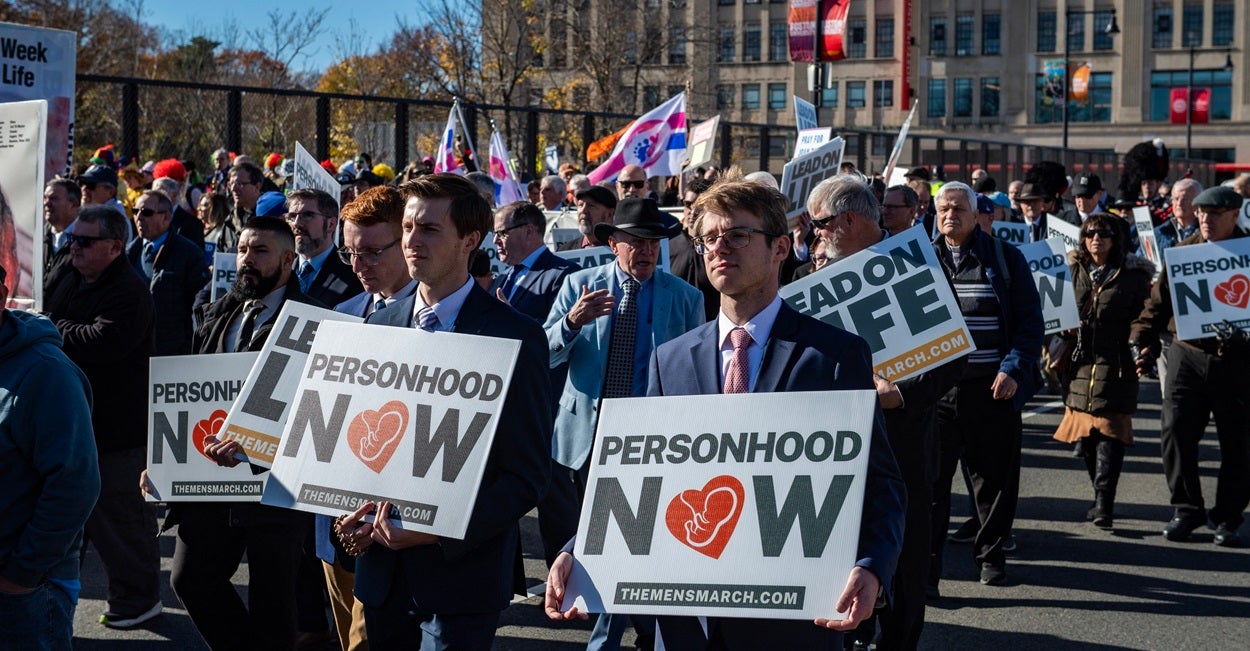Supreme Court Set to Consider Medicaid Coverage for Abortion
A case just taken up by the U.S. Supreme Court—Kerr v. Planned Parenthood—might just be the sleeper hit of the October 2024 term. At issue... Read More The post Supreme Court Set to Consider Medicaid Coverage for Abortion appeared first on The Daily Signal.

A case just taken up by the U.S. Supreme Court—Kerr v. Planned Parenthood—might just be the sleeper hit of the October 2024 term. At issue is public funding for abortion, something that pro-life states have been keen to limit for some time. The justices will consider the following question: do Medicaid recipients have the right to sue—known as “standing”—over a state’s decision to bar Medicaid funds from going to abortion providers like Planned Parenthood?
If the court’s answer to that question is no—effectively providing states a way to limit public funding for abortion—it would put a significant dent in taxpayer funding for Planned Parenthood. In 2022-2023 alone, the abortion giant cleared almost $700 million, with most payments, a result of Medicaid reimbursements.
Planned Parenthood affiliates provide medical services to low-income individuals through state Medicaid programs. In 2018, South Carolina Gov. Henry McMaster ordered the state’s Department of Health and Human Services to bar abortion clinics from participating in the Medicaid program, explaining that the “payment of taxpayer funds to abortion clinics, for any purpose, results in the subsidy of abortion and the denial of the right to life.”
However, South Carolina’s Health and Human Services department informed Planned Parenthood that the agency could receive the funding again if it stopped providing abortions.?
The Planned Parenthood affiliate and one of its patients thereafter sued under 42 U.S.C. § 1983—a statute that gives an individual the right to sue state government employees and others acting “under color of state law” for civil rights violations. Both Planned Parenthood and its patient invoked the “any qualified provider” provision of the Medicaid Act, which states: “any individual eligible for medical assistance … may obtain such assistance from any institution” that is “qualified to perform the … services required.”
The U.S. Court of Appeals for the 4th Circuit held that this provision does confer a privately enforceable right under Section 1983, and that Planned Parenthood was, according to the terms of the Medicaid Act, a “qualified provider.”?
The Director of the South Carolina Department of Health & Human Services disagreed and appealed to the Supreme Court, arguing in its petition for review that in finding a private right of action under the Medicaid Act, federal courts “have wrongly subjected states to private lawsuits Congress never intended.”
The state has also stressed that the Medicaid Act does not define “qualified” providers but does specify that states retain broad authority to exclude providers “for any reason for which the Secretary could exclude the individual or entity from participation in” the Medicare program, “[i]n addition to any other authority” states retain to exclude providers.
South Carolina argues that with 70 million Americans receiving Medicaid benefits and tens of thousands of healthcare providers participating in the program, the case at issue presents a question “of great national importance.”
Oral arguments in Kerr v. Planned Parenthood will likely be scheduled for some time in March or April 2025.
In addition to Medicaid funding for abortion, the Supreme Court already has on its docket cases involving pornography regulation and the First Amendment, religious liberty and state tax exemptions for religious organizations, the constitutionality of so-called “ghost gun bans,” the constitutionality of state bans on so-called gender-affirming care for minors, and climate change initiatives.
Looks like another blockbuster year at the Supreme Court.
The post Supreme Court Set to Consider Medicaid Coverage for Abortion appeared first on The Daily Signal.










